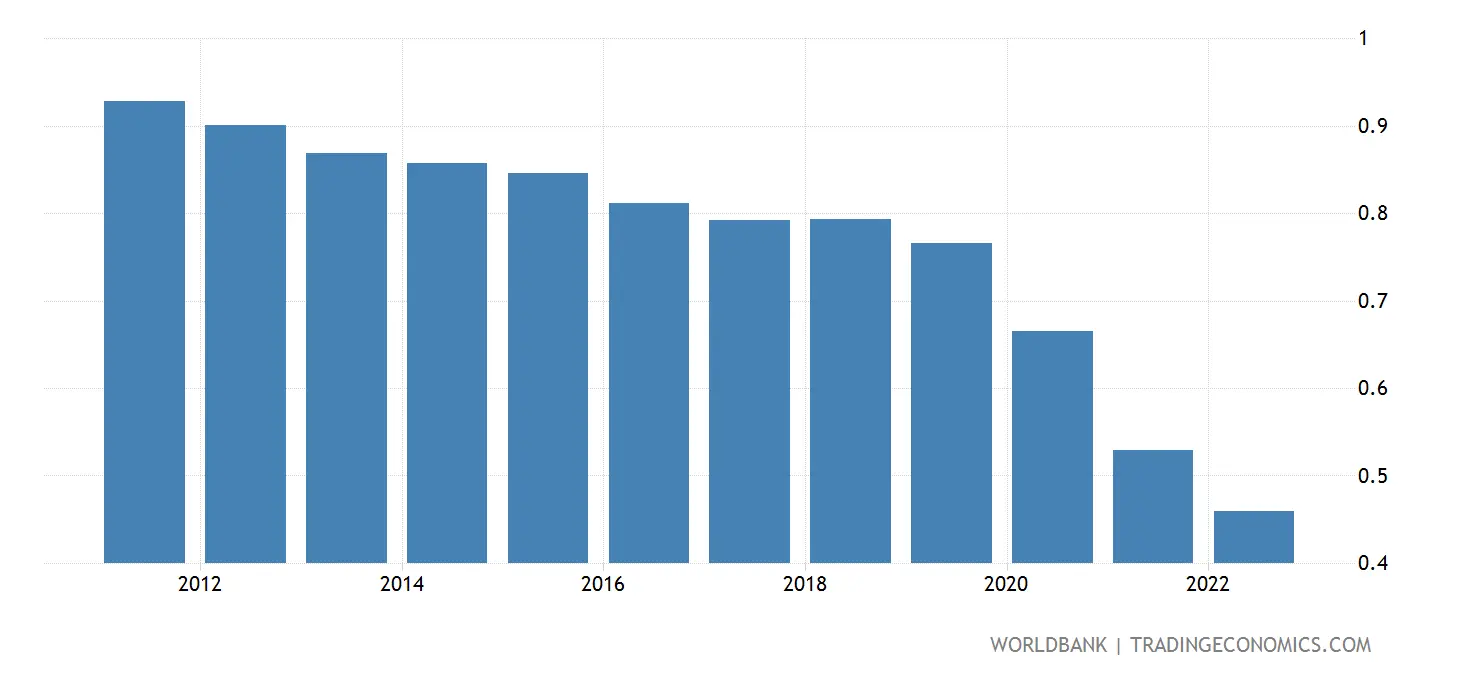In 2022, Brazil recorded only 2.54 million births, marking a 3.5% decrease from 2021 and the lowest figure in 45 years.
The fall was 11.4% compared to the five years before the COVID-19 pandemic (2015-2019). The Brazilian stats agency IBGE shared these details.
The IBGE pointed out a long-term decrease in birth and fertility rates. The pandemic added to this trend. These factors are crucial to understanding Brazil’s birth rates lately.
The drop happened across Brazil, especially in the North (3.8% decrease) and Northeast (6.7% decrease).
Yet Santa Catarina and Mato Grosso saw rises of 2% and 1.8%, respectively. Out of 27 states, only these two, both wealthy and conservative, had more births.

IBGE data shows women are becoming mothers later. Mothers aged 20 to 29 fell to 49.2% from 53.1% in 2010, while those aged 30 to 39 rose from 26.1% in 2010 to 34.5% in 2022.
Moreover, Brazil had 1.5 million deaths in 2022, 15.8% less than in 2021. That year had a record high of 1.78 million deaths, the most since 1974.
Deaths among children and teens up to 14 rose by 7.8% in 2022. Most (60%) were from respiratory illnesses like flu and pneumonia.
This data shows how birth and death rates are changing in Brazil. It highlights shifts in when women have children and how health issues affect the young.
These changes matter for understanding Brazil’s future population and health needs.
Africa will have the largest number of Portuguese speakers
With its 212 million residents, Brazil is the heartland of Portuguese speakers, housing over 80% of the global count.
However, according to Augusto Santos Silva, the Portuguese Minister of Foreign Affairs, a demographic shift is on the horizon.
By 2050, as Brazil’s population shrinks and those of Angola and Mozambique rise, most Portuguese speakers will be African.
From the current 250 million speakers worldwide, predominantly Brazilians, the figure will potentially double to 500 million by the century’s end, with Africa leading the charge.

